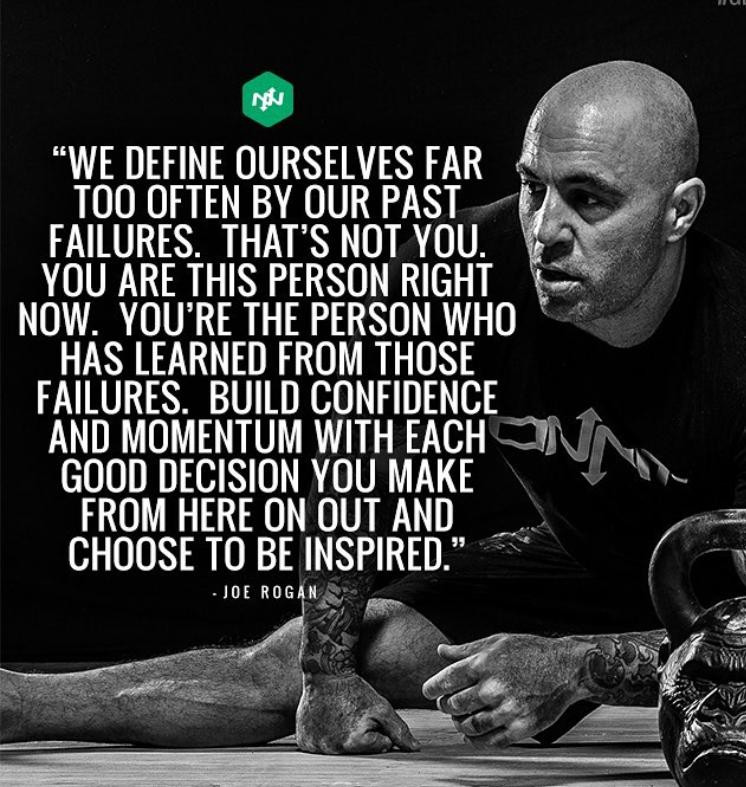How Habits Shape Our Jiu Jitsu Training
No matter what kind of skill, talent, or ability you’re trying to develop, it takes time. You need to put in a lot of effort, and this means doing the same thing over and over and over again. Repetition allows you to develop muscle memory and to perfect technique. For a musician, this means running a lot of scales in different positions. For a bodybuilder, this means doing a lot of lifts that target different muscle groups. If you’re trying to learn jiu-jitsu, this means doing the same moves with different partners.
Over time, every person will develop certain unique habits as they repeat these movements, and these habits will become stronger the more you do them. In the below video, Ryan Young of Kama Jiu-Jitsu uses thread as an analogy. A single piece of thread is not very strong. If you were to hold one end and a friend the other end, it would not be difficult to snap in half. If we were to add another thread and twist the two together, it would be just a little bit harder to break. If we were to add a third and twist those together, it would be a little bit harder still. If you twist enough pieces of thread together, you’ll have a string. String is harder to break than thread. By the time you get to 100 or 365 pieces of thread twisted together, you’re now dealing with rope. You can certainly snap a piece of thread with your hands, and you can probably snap a piece of string much of a problem, but rope is far more durable. You’ll probably need a knife or a pair of scissors to cut it.
Simply put, habits become stronger over time and stronger habits are harder to break. This is true for bad habits (like smoking), as well as good habits (like eating clean). It is also true that some habits aren’t necessarily good or bad but may become crutches. Cooks may become too reliant on certain ingredients, drummers may become too reliant on certain fills, writers may become too reliant on certain phrases, jiu-jitsu practitioners may become too reliant on certain techniques or positions. Not only does this prevent students from learning everything there is to know about jiu-jitsu, it can also mean that they are not prepared for a street fight scenario unless it’s under a narrow set of conditions that they’ve come to expect. Moreover, the more that students become accustomed to rolling a certain way, the harder it will be for them to break that habit.

Pulling Guard
Pulling guard is one of the most commonly mocked bad habits in jiu-jitsu. Of course, it’s not necessary a bad thing, especially when you’re practicing. Since jiu-jitsu is primarily a ground-based martial art, it is an easy way to get the ball rolling to focus on ground-based moves. In fact, most sparring sessions during class are probably starting with both fighters on their butts or their knees or their back. Very few sparrers will actually start from their feet and execute a throw or a takedown.
If you only rarely start from your feet while you’re training, how does that prepare you for the first and most crucial moments of an actual fight? As Ryan says, “If you’re in a street confrontation and you’re on your feet in a parking lot, you’re not going to know what to do.”
To simple way to break this habit is not to start sparring only from your feet. Rather, Ryan recommends starting from your feet more often than you current do and setting aside time to practice only takedowns and throws.
Give Up the Advantage
Depending on size, a fighter may be more comfortable in the mount or on their back. Larger people tend to be more comfortable in the former. Smaller people tend to be more comfortable in the latter. Eventually, this grows into a habit, and it can stifle a fighter’s development.
Ryan recommends breaking out of this habit by purposefully fighting against your instinct. If you’re a person who is more comfortable constantly playing defense, try to become more aggressive. If you’re a larger or stronger person who is used to smashing your opponents, purposefully put yourself in the weaker position and give up your advantage so that you learn better defense.
Changing It Up
As Ryan notes, breaking habits is not easy. Quitting smoking isn’t easy, cutting out junk food isn’t easy, and changing the way that you practice jiu-jitsu isn’t easy. What is important to keep in mind is to always be on the lookout for shortcuts that you use and patterns that you naturally fall into without even thinking. These become habits over time and the longer you keep doing them without trying to change things up, the stronger that habit will become and more difficult it will be to grow and evolve as a fighter.

